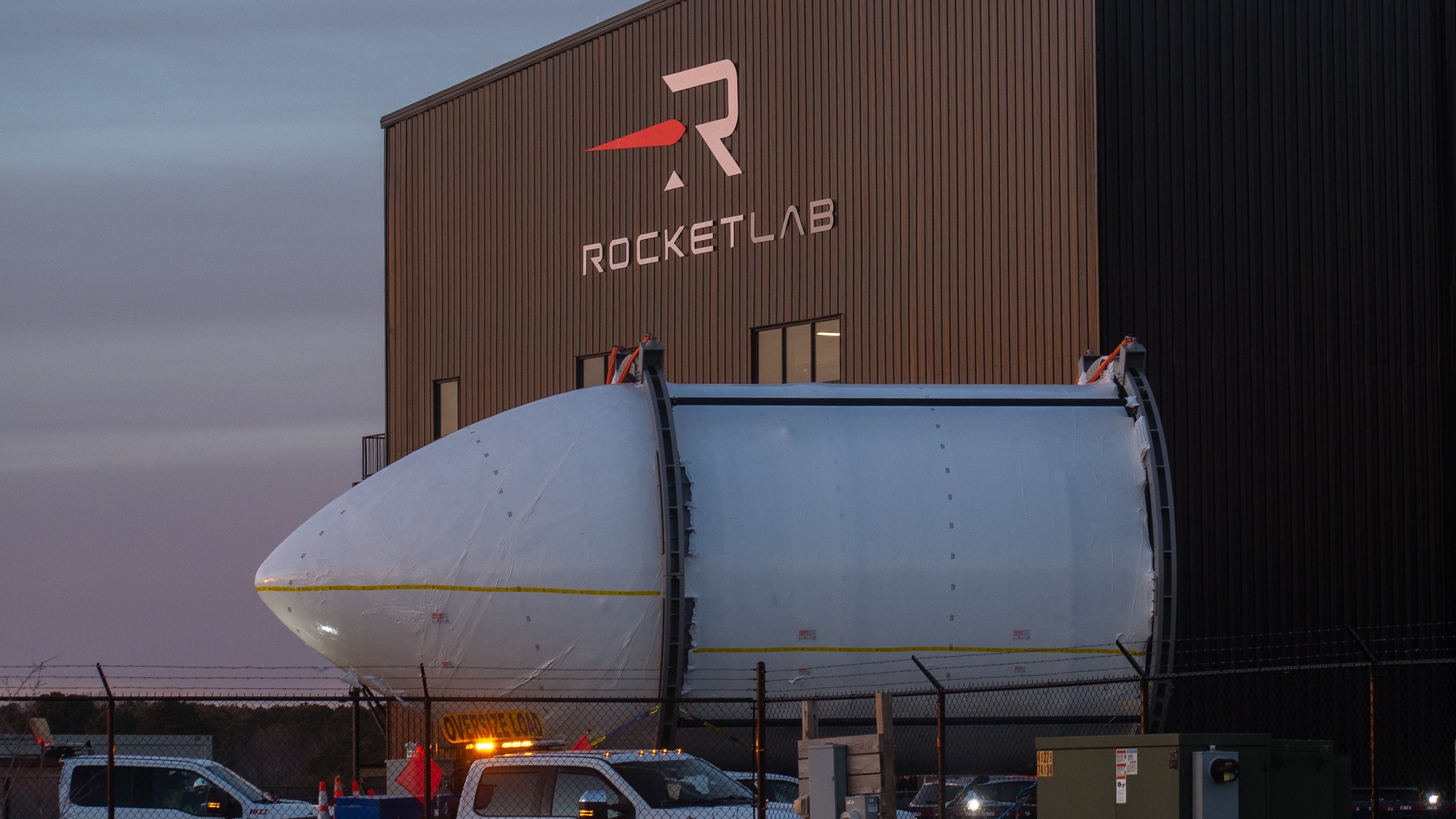Firefly Aerospace traces rocket launch failure to premature engine shutdown

Firefly Aerospace's debut launch last week failed because of a premature engine shutdown, company representatives have determined.
Texas-based Firefly conducted its first-ever orbital test flight on Thursday (Sept. 2), sending its 95-foot-tall (29 meters) Alpha rocket skyward from Vandenberg Space Force Base in California. About 2.5 minutes after liftoff, the two-stage launcher began to tumble, and shortly thereafter it exploded in a dramatic fireball.
Firefly quickly initiated an anomaly investigation, which has made substantial progress already. On Sunday (Sept. 5), the company announced the proximate cause of the failure: One of Alpha's four first-stage Reaver engines shut down unexpectedly about 15 seconds after liftoff.
Video: Watch Firefly Aerospace use a rocket engine to light birthday candles
"The vehicle continued to climb and maintain control for a total of about 145 seconds, whereas nominal first-stage burn duration is about 165 seconds. However, due to missing the thrust of 1 of 4 engines, the climb rate was slow, and the vehicle was challenged to maintain control without the thrust vectoring of engine 2," Alpha representatives wrote in a Twitter thread on Sunday.
"Alpha was able to compensate at subsonic speeds, but as it moved through transonic and into supersonic flight, where control is most challenging, the three-engine thrust vector control was insufficient and the vehicle tumbled out of control. The range terminated the flight using the explosive Flight Termination System (FTS). The rocket did not explode on its own," they added.
Engine 2 shut down because its main propellant valves closed, Firefly added in the Twitter thread. The company is still working to understand what caused the valves to close, and to determine if anything else anomalous happened during Thursday's flight.
Breaking space news, the latest updates on rocket launches, skywatching events and more!
"We will report [the] root cause of the anomaly at the end of the investigation. In collaboration with the FAA and our partners at Space Launch Delta 30, we'll return to conduct Alpha Flight 2 as soon as possible," Firefly wrote in the Twitter thread, referring to the U.S. Federal Aviation Administration and the Vandenberg-based Space Force unit that oversees launches from the West Coast.

Alpha is an expendable rocket designed to deliver up to 2,200 pounds (1,000 kg) to low Earth orbit on each $15 million mission, according to Firefly's specifications page. On Thursday, the rocket took off with a 203-pound (92 kg) payload called DREAM ("Dedicated Research and Education Accelerator Mission"), which consisted of memorabilia contributed by schools and other institutions, as well as a number of tiny satellites.
Alpha also carried components of the space tug that Firefly is working on, called the Space Utility Vehicle, to give them an in-space test, according to SpaceNews.
Mike Wall is the author of "Out There" (Grand Central Publishing, 2018; illustrated by Karl Tate), a book about the search for alien life. Follow him on Twitter @michaeldwall. Follow us on Twitter @Spacedotcom or Facebook.

Michael Wall is a Senior Space Writer with Space.com and joined the team in 2010. He primarily covers exoplanets, spaceflight and military space, but has been known to dabble in the space art beat. His book about the search for alien life, "Out There," was published on Nov. 13, 2018. Before becoming a science writer, Michael worked as a herpetologist and wildlife biologist. He has a Ph.D. in evolutionary biology from the University of Sydney, Australia, a bachelor's degree from the University of Arizona, and a graduate certificate in science writing from the University of California, Santa Cruz. To find out what his latest project is, you can follow Michael on Twitter.
